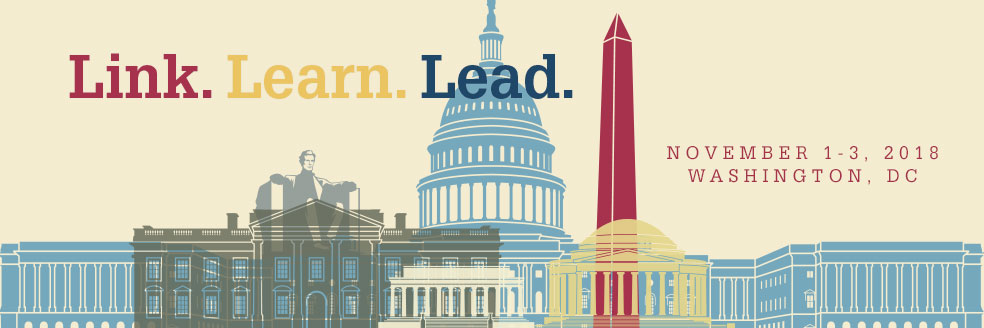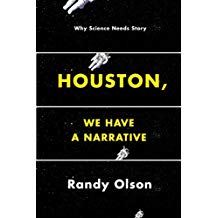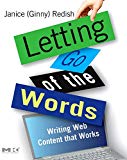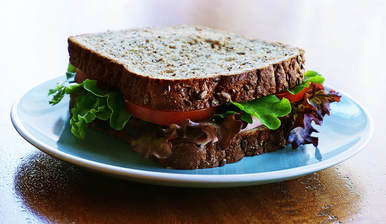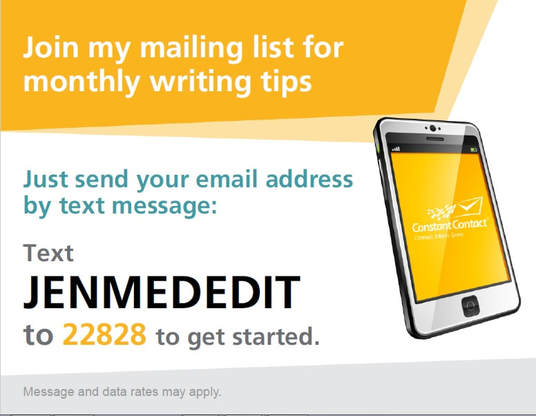|
Earlier this month I attended the 2018 Medical Writing and Communication Conference of the American Medical Writers Association (AMWA) in Washington, DC. Here’s a wrap-up of some of what I learned in a day. The Power of Story in Science CommunicationThe human brain is wired to respond to story, and Jim Mathews and Cindy Lollar from the National Cancer Institute presented a convincing argument for using narrative elements like character, plot, and conflict when communicating about science. Avoid the “driver’s license description” of the people you are writing about (eg, Jim is a 6-foot tall, 62-year-old man…). Instead, when introducing a character—maybe the PI of the study that just got funded or the critical care nurse whose research just got published—add “flesh, fabric, and feeling.” Every story must have conflict and an inciting incident. You can apply the “And, But, Therefore” story arc structure to everything you communicate: from a tweet to a blog post to the introduction to a grant application. Resources: The Story Factor: Inspiration, Influence, and Persuasion through the Art of Storytelling, by Annette Simmons.
Managing Large, Complex Freelance Medical Writing Projects: Best PracticesAlthough the case stories shared by Debby Berlyne and Tom Drake were specific to the field of medical writing (project examples included a health technology assessment and a publication plan for a drug with multiple indications), the tips are relevant to any large writing project involving more than 1 team member. I recently managed the publication of a dialysis company’s policies and procedures manual. Our team had three members: myself (acting as both project manager and editor), the designer, and the client liaison. We did well at planning around vacations, but next time I will use better, consistent rules for file naming. Here are my favorite tips from Debby and Tom on managing large freelance writing projects:
Further note on file naming (my nemesis): here’s a post I like from fellow writer and editor John Espirian: How to Name Files. NIH Grant ResourcesLast month, I shared some resources on grant writing. Here are a few more that I collected at this year’s AMWA meeting: Would you rather hear about grant resources than read about them? Try the All About Grants Podcast for “insights on grant topics from those who live and breathe the information.” Topics include Telling Your Story, Budget Basics, Grant Writing for New Investigators, and The Ins and Outs of a Study Section Meeting. For more information on when and how to contact a program officer, bookmark this page from the NIAID. For the latest information on rigor and reproducibility, see Enhancing Reproducibility through Rigor and Transparency on the NIH grants page. You Can’t Possibly Understand How I Feel (Because I Won’t Tell You): the Riddle of FeedbackI also attended a high-energy session led by Robin Whitsell on giving and receiving feedback. She advised avoiding the “feedback sandwich”: giving negative feedback sandwiched between 2 positive statements. Treat feedback as a gift that you are giving, and make it timely, specific, and actionable. Include an invitation to talk further. Don’t be surprised if in the future I reach out after returning a project to ask, How did I do? Do you have any suggestions that could help to improve the process of receiving edits? I’d love your feedback. Thank you to the AMWA Program Committee for this learning opportunity. I’m looking forward to next year in San Diego! |
AuthorJennifer Holmes Archives
January 2023
|
